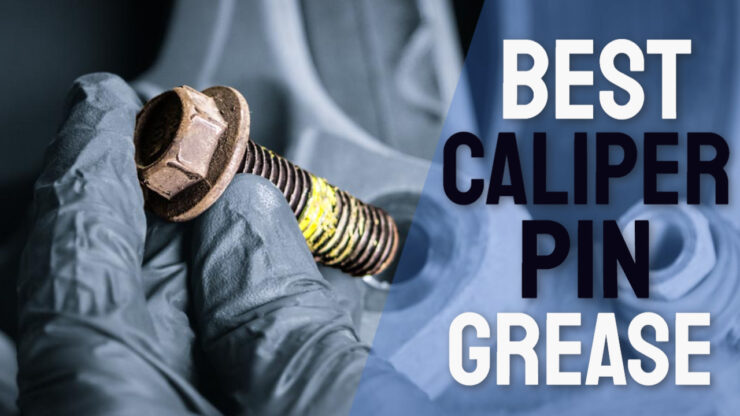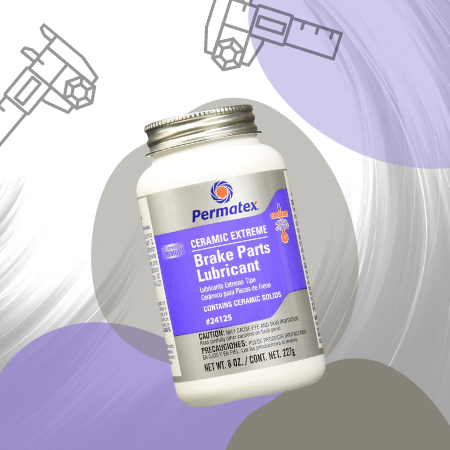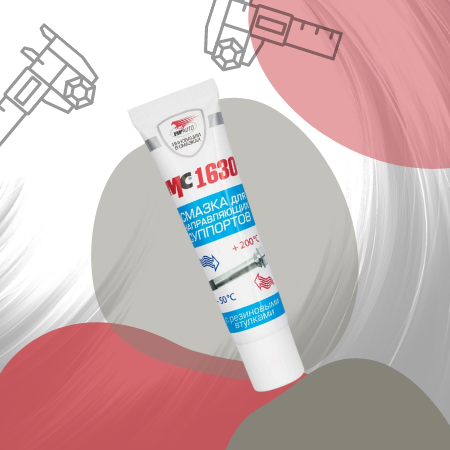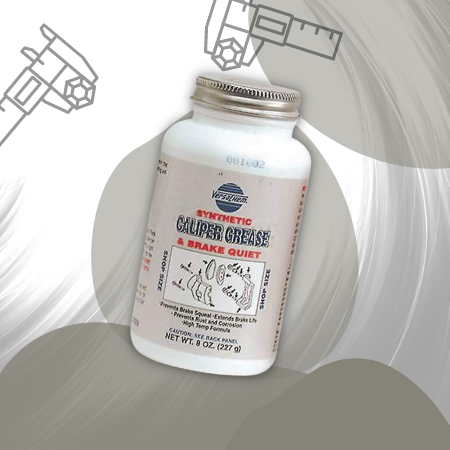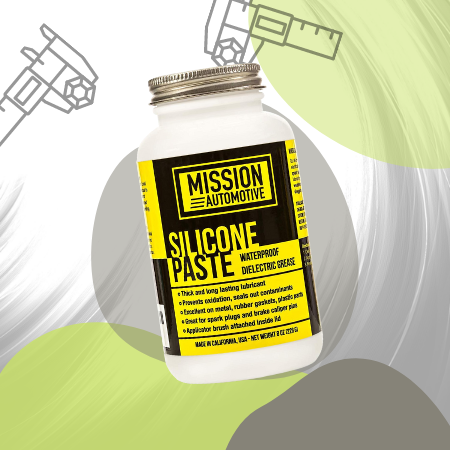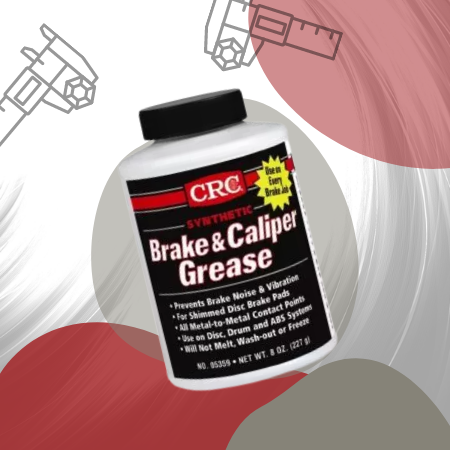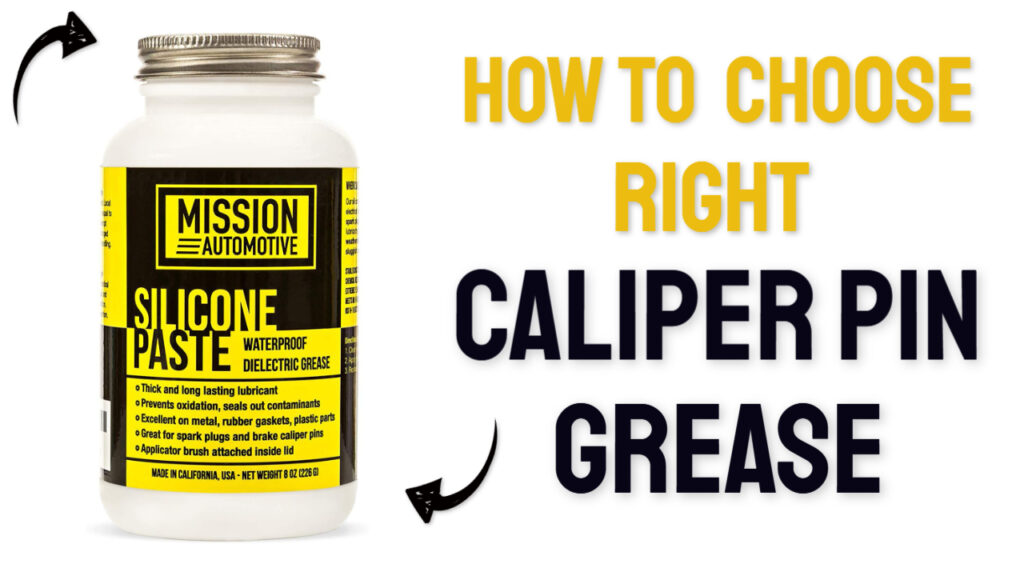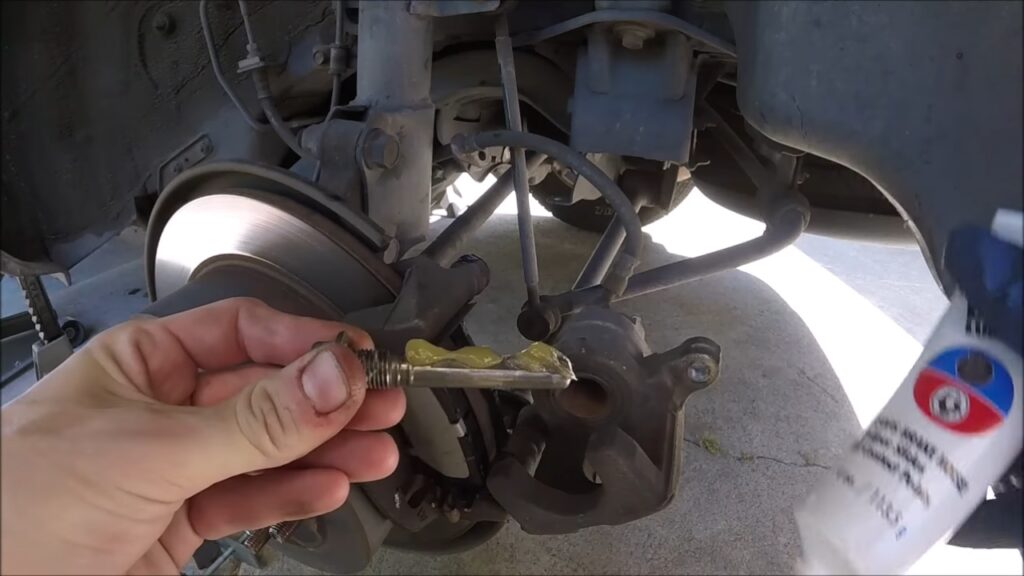If you’re not a car aficionado, you might not be aware of all the servicing your vehicle needs to run at its best. Brake calipers are an essential part of your car’s braking system. They house your vehicle’s brake pads, and when you apply pressure to the breaks, they are using pistons, brackets, and slide pins to push the pads into the rotors and stop the car.

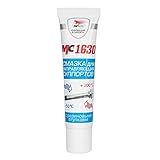





After a while, the pins become less and less lubricated, which prevents the calipers from sliding properly. This can cause several problems. First of all, due to the improper contact between the brakes and the rotor, the brake pads will have unbalanced wear.
Furthermore, in the case the slide pins get stuck, the brake pads and the rotor will be in contact all the time, leading to the brake pads deteriorating faster due to the heat build-up. And finally, your brakes might weaken, which can be quite dangerous for you and the people around you.
For this reason, maintaining your brake calipers, which includes cleaning and lubricating the caliper pins, is extremely important. Suppose you don’t have enough time and money to take your automobile to a professional.
In that case, you can do this at home, but you’ll need proper caliper pin grease.
Page Contents
Top Picks for 2024
In this article, we’ll take a closer look at the top-rated caliper pin lubricants and assemble a Buyer’s Guide to help you find the best one for your car.
1. Permatex Ceramic Extreme Brake Parts Lubricant – Editor’s Pick
The Ceramic Extreme Brake Parts Lubricant by Permatex is a 100% synthetic lubricant formula of a premium quality that contains ceramic solids. The real ceramic solids help the brakes to perform without a glitch, even under the most extreme braking conditions.
The purple formula of the Permatex lubricant is non-meting and long-lasting, resisting the highest of temperatures and efficiently silencing squealing, chattering, and other brake noises. As it’s also resistant to corrosion, moisture, and contaminants, and you don’t have to worry about it getting washed out by rain.
It’s highly effective in preventing galling and seizing of bolts and sleeves. It can be used on both sliding and rolling surfaces in dry and wet conditions, with excellent functioning across a wide temperature range from -65 degrees to 3000 degrees Fahrenheit.
With this product, you can rest assured that every critical brake part will be well maintained and lubricated, extending the brake pad life. It can be applied on various brake hardware, internal and external, made of rubber and plastic. It’s also suitable for brushings, pistons, sleeves, and seals. The heavy-duty and highly reliable lubricant by Permatex is a perfect greasing solution, taking good care of your equipment and extending its life.
2. MC-1630 Brake Grease for Caliper Guide Pins – Best Brake Grease for Extreme Weather Conditions
The Brake Grease for Caliper Guide Pins by MC Brake Greases is excellent for lubricating slide calipers as well as its rubber brushings. The high viscosity of this lubricant’s formula allows it to perform under extreme conditions, from -50 degrees to 200 degrees Celsius.
This brake grease protects your car’s brakes by preventing coking, drying, and sticking of the caliper guide pins. It will ensure safe braking and slow down the wear of brake pads and brake discs. It can also be applied to the rubber parts of the caliper, preventing their deformation and jamming and prolonging their service life.
Go for the MC Brake grease if you want the best care for the brake system of your vehicle and reduce the braking distance. This high viscosity and melting-resistant lubricant will ensure your equipment is super performant for years to come.
3. Versachem Synthetic Caliper Grease
The Synthetic Caliper Grease by Versachem is a high-quality brake lubricant made of synthetic oils with a premium formula that will prevent disc brakes’ squealing and prolong brake life.
With this lubricant, all the critical brake parts of your vehicle will stay lubricated for an extended period of time, allowing them to move freely and preventing binding as well as brake noises. This high temperature and waterproof lubricant will not melt off or wash off, protecting your equipment from corrosion and rust.
It’s made to withstand extremely low and high temperatures, and it performs perfectly in a wide temperature range, from -4 degrees to 400 degrees Celsius. The Versachem lubricant has a wide array of applications and can be used on brake hardware, disc brake caliper, brushings, valves, as well as waterproofing electrical connections, and battery terminals.
4. Mission Automotive Waterproof Marine Grease
The Waterproof Marine Grease by Mission Automotive is a long-lasting and thick waterproof grease formulated with synthetic silicone that prevents corrosion and oxidation and protects against contaminants such as dirt and salt.
This silicone paste is extremely stable and non-melting, suitable for a wide range of temperatures, from -55 degrees to 570 degrees Fahrenheit. It’s also perfect for a multitude of uses, including a variety of marine, electrical, and automotive applications. Besides, this waterproof grease is also excellent and efficient on different surfaces, such as rubber, metal, and plastic. Thanks to its versatility, this lubricant can also be used for electrical connections, preventing voltage leaks.
Besides the electrical uses, this marine grease is great for many other common tasks, such as lubricating caliper pins, preserving and lubricating rubber gaskets, weatherstripping, and even fixing slow car windows.
For easier application, this lubricant by Mission Automotive comes with an applicator brush. To maximize the reach to different jar edges, this applicator brush is intentionally bent.
5. CRC Brake Caliper Synthetic Grease
The Brake Caliper Synthetic Grease by CRC is high quality and specifically developed synthetic lubricant formula with high tech properties that prevent caliper vibration, binding, and corrosion.
The formula of this synthetic grease contains PTFE, molybdenum, and graphite, making it suitable for extreme temperature uses, from -40 degrees to 400 degrees Fahrenheit.
Since it’s high temperature and non-melting, it’s safe for rubber and plastic. This lubricant is also excellent for metal to metal application and contact points as well as sliding surfaces. It’s also water and moisture resistant, and it won’t get washed off, while, at the same time, it will protect your equipment from rust and decay.
With this synthetic caliper grease, you will ensure long-lasting protection and lubrication of all the brake parts of your vehicle, extending their performance and service life.
Recommended applications include caliper O-rings, brake pad contact points, braking plates, disc brake pads, grommets, drum brake systems, self-adjusters, parking brake areas of lubrication, and pivot points.
Buyer’s Guide to Help You Make The Right Choice
There are several factors you should consider when buying a caliper pin grease. Some of these are the following:
Factor #1. Type of grease
There are three main types of grease for brake calipers: mineral oil-based grease, silicone grease, and synthetic grease.
Mineral oil-based grease is a conventional lubricant containing petroleum-based lubricant agents. These are usually formulated with various additives for the lubricant to be able to withstand high temperatures and other harsh conditions.
Silicone grease is typically used to replace mineral oil-based ones since the latter are not suitable for rubber components. Silicone lubricants provide excellent greasing as well as corrosion resistance. These are also highly stable under high temperatures, but some silicone lubricants can be easily washed off or contaminated.
Unlike conventional lubricants, synthetic ones are formulated to be efficient across a wide temperature range, and they easily outperform the other two contenders. They are made to maintain their thickness and viscosity under low and high temperatures as well as under extreme pressure.
Synthetics will allow you to apply a thicker layer of lubricant between surfaces that will last longer. This means that you don’t have to repeat the process as frequently as with other greases, and instead of every month, you can schedule the regreasing to every three months.
Factor #2. Viscosity
The viscosity level will determine the thickness of the lubricant and its ability to prevent flow. Ideally, the caliper pin grease should have high viscosity, so it doesn’t run once applied. If the grease stays put on the surfaces, it will protect them from friction and extend the equipment’s life for a longer period of time.
Factor #3. Water resistance
Rust, corrosion, and decay are the No.1 enemies of your vehicle’s brake caliper parts. To prevent them from wearing faster than expected, you need to use lubricants that are waterproof and able to seal out the moisture, keeping all the components dry so they can function properly.
Factor #4. Temperature tolerance
This is perhaps the essential feature of caliper pin lubricants. The brakes are the hottest place of your car, and the grease you use should be able to resist those high temperatures. It’s best to pick lubricants that maintain their properties under extremely low and high temperatures, to prevent freezing or melting.
When purchasing a caliper pin grease, choose those with a non-freeze and non-melt formula and note the range of temperatures they can function at.
Factor #5. Pricing
As with any other products, car care or not, the pricing will depend on formulation and size. Therefore, we could divide caliper pin grease price into three main categories: under $30, between $30 and $50, and above $50. The cheaper lubricants usually come in smaller containers and tubes, from eight ounces to one ounce.
The mid-range caliper greases can offer slightly better results, and these usually come with an applicator brush.
The lubricants that cost $50 and more typically come in 20-ounce containers or bigger. These offer better quality and longer-lasting formulation, but you can get the same product for less money if it’s packaged in several smaller containers.
Factor #6. Application
According to their application, there are three main classifications of brake caliper grease: AP grease or all-purpose grease, MP grease or multi-purpose grease, and EP grease or extreme pressure grease. The all-purpose lubricants are formulated for all vehicle use.
The multi-purpose ones are suitable for lighter applications. And finally, the extreme pressure lubricants are more durable and stable than the other two, able to withstand the most intense pressures. Unlike the AP and MP greases, the EP grease can be applied on metal-to-metal surfaces, and it offers better and longer-lasting protection.
Watch the following video for instructions on how to properly lubricate caliper slide pin:
To Wrap Up
From budget-friendly to high-end lubricants, we’re certain that you will be able to find a proper caliper pin grease for your vehicle from our top-picks list and guided with our comprehensive Buyer’s Guide. We found something for every pocket and need, and handpicked products from the trusted manufacturers, such as Mission Automotive, CRC, Permatex, and others.
Whatever lubricant you decide to go for in the end, be sure to follow the user manual and apply it properly. If you apply too much of the product, or not enough, it can have adverse effects on your car’s brakes, reducing their effectiveness and their lifespan in the long run.
Also, it would be best if you made sure to replace your brake pads regularly, every two or three years because they will wear eventually no matter how well you maintain them.
FAQs
Q: What happens if you don’t grease caliper pins?
A: The lack of lubrication will lead to more friction between the rotor and the brake pads, resulting in faster and uneven wear and less effective brakes.
Q: How often should you grease caliper pins?
A: Depending on the type of lubricant you use, you should grease the brake caliper pins every month or every three months. Sometimes, it’s enough to check the and regrease the once a year.
Q: How do I know if my caliper pins are bad?
A: Corrosion can indicate that your caliper pins need to be regreased or replaced. Also, if the pins are dry, it means they lack lubrication, which should be a sign for you to lubricate them as soon as possible. Another problem could be caliper pins that are jammed in the rotor.
Here are some other lubricants for brake parts that might suit your needs:
Read Also:
Best Brake Pads For Jeep Wrangler JK
Most Often Replaced Auto Parts in 2024

